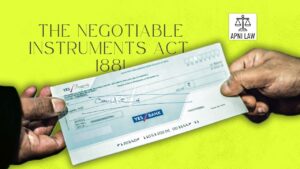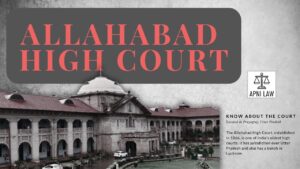Court Says Quashing Based on Statements Is Rare and Exceptional
The Karnataka High Court has refused to quash proceedings against former Chief Minister B.S. Yediyurappa in a case filed under the POCSO Act. The court ruled that quashing cases based on statements recorded under Section 161 or 164 of the CrPC happens only in rare and exceptional situations.
Case Background
A 17-year-old girl’s mother filed a complaint accusing Yediyurappa of sexually assaulting her daughter during a meeting at his Bengaluru residence in February last year. The case reached the Karnataka High Court, where a single-judge bench led by Justice M. Nagaprasanna reviewed the plea to dismiss the proceedings.
Court’s Observations
The court emphasized that quashing cases under Section 482 of the CrPC based solely on statements from the investigation process is not common. It clarified that:
Statements under Section 161 and 164 CrPC can be considered in rare cases where continuing proceedings would be an abuse of law or result in clear injustice.
The inherent powers of the High Court are broad but must be used cautiously on a case-by-case basis.
In this case, there was no clear miscarriage of justice, warranting a full trial.
Arguments from Both Sides
Senior Advocate C.V. Nagesh, representing Yediyurappa, referred to prosecution witness statements supporting his client’s case. However, Special Public Prosecutor Professor Ravivarma Kumar argued that statements recorded by the investigating officer should not form the basis for quashing proceedings.
The prosecution also presented a recorded conversation between Yediyurappa and the victim’s mother. A forensic report confirmed Yediyurappa’s voice in the recording. The prosecution called it an open-and-shut case, arguing that Yediyurappa should prove his innocence at trial.
Court’s Final Decision
The High Court stated that this case involved conflicting statements under Section 161 and Section 164 CrPC. It ruled that:
Determining which statement carries more weight should happen during the trial, not at this stage.
The case does not meet the rare and exceptional criteria for quashing proceedings.
A full trial is necessary to establish the truth.
The court set aside the magistrate’s cognizance order and sent the case back for fresh consideration. However, it refused to quash the proceedings, ensuring the case goes through a proper legal process.
Conclusion
The Karnataka High Court’s decision means that Yediyurappa must face trial in the POCSO case. The ruling reinforces that quashing criminal proceedings based on recorded statements is rare and requires strong justification. The case will now proceed as per legal norms.











